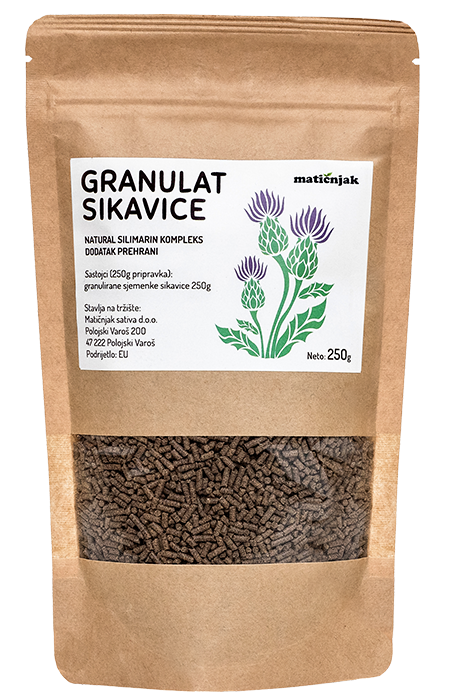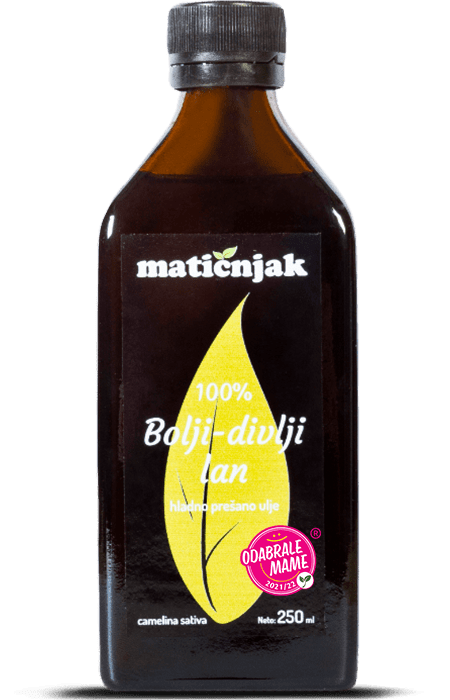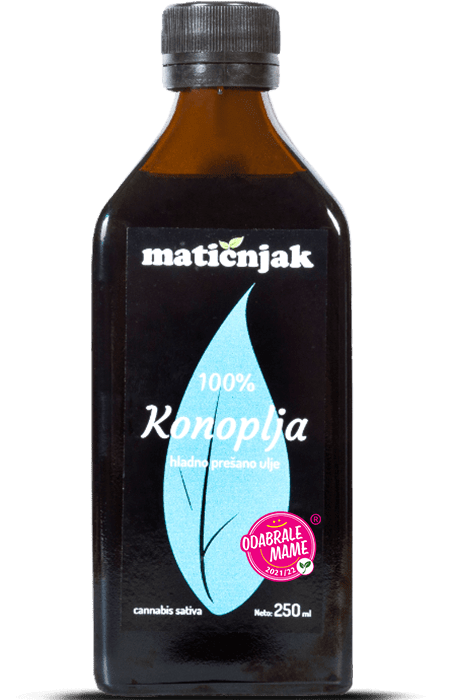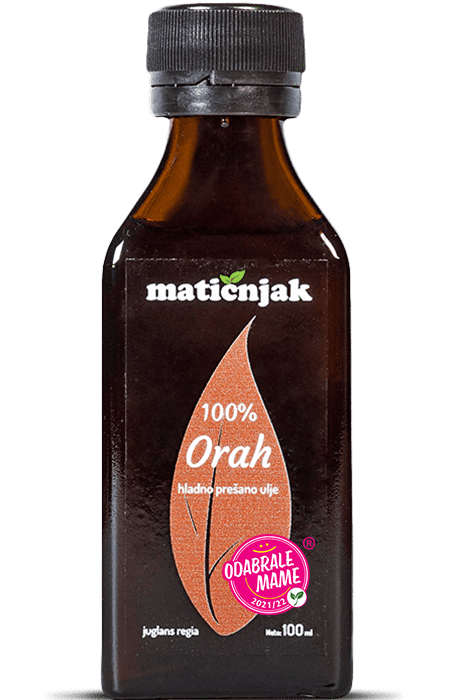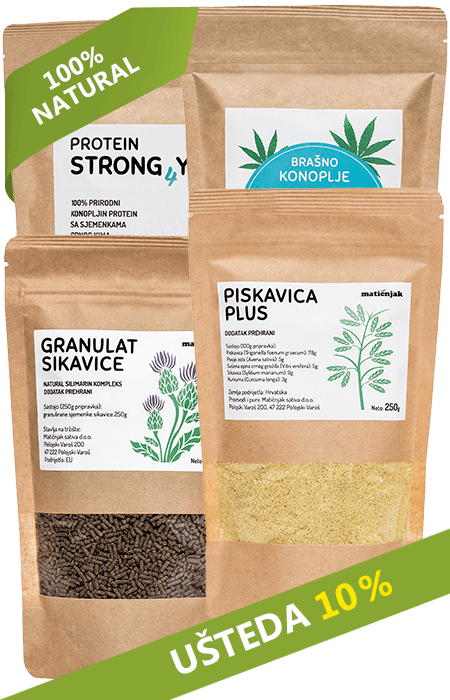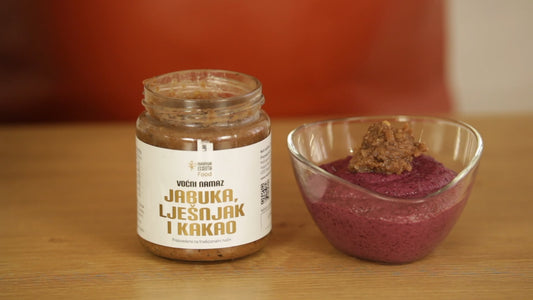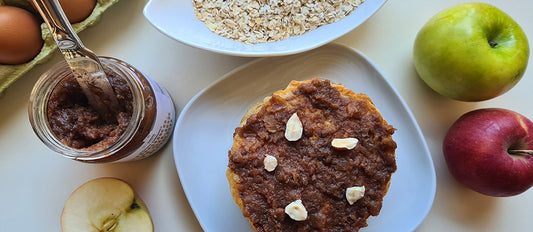[Signals from Food 1/6]
Food is not only energy, but also information. Food tells your DNA - what to do. The most powerful tool for changing your health, the environment and the world is on your plate." Dr. Mark Hyman (November 22, 1959 - ) American doctor, supporter of functional medicine.
"You are what you eat", is an age-old saying and you must have heard of it before. Recent research has shown this saying to be true, in fact, it has now been proven. In other words, what you eat, where you live, who you interact with, when you sleep, how you exercise, even aging can all eventually cause chemical modifications around genes that will turn those genes on or off over time. Genes by themselves do not cause disease. Only when immersed in a harmful environment unique to the individual do they create disease. Nutrigenomics looks at how different foods can interact with specific genes to alter the risk of common chronic diseases such as which are type II diabetes, obesity, heart disease, stroke and cancers. We cannot change our genes, but we can change the environment that affects how our genes manifest. One important component is nutrition.
Food is information
Food is a set of data that tells the body what to do, food and its system tell the genes to burn or store fat, affect the rise and fall of hormones, the chemistry in the brain, the bacteria in the intestines... This is how we can change our health starting with the next meal .
Food affects our metabolism at every level and its information affects all biological processes and systems in the body quickly, immediately, with every bite.
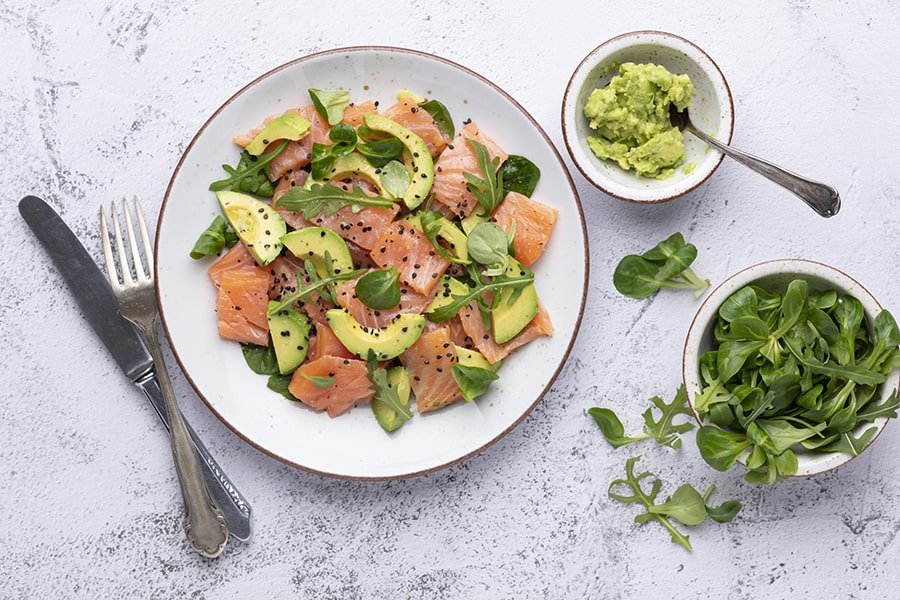
Cells talk to each other in a complex language of chemical messages. They coordinate growth, movement and response to threats, and problems in cell communication lead to chronic diseases such as diabetes and cancer. Messages have many forms, in the form of hormones and charged molecules, ions. Recent discoveries show that molecules found in food can change the "chatter" of cells. For example, in 2010 a team of researchers in California and Japan discovered that omega-3 fatty acids from food bind to specialized protein-rich cell surfaces. This protein, called GPR120, is found in fat and muscle tissue. When an omega-3 fatty acid binds to a protein, fitting like a key into a lock, GPR120 sets off a cellular chain reaction that ultimately protects against weight gain and inflammation.
The effects of food on the body are so complex and specific that a meal is like a cocktail of hormones. Hormones are chemicals pumped by a tissue or gland that travel through the blood or body fluids to reach another part of the body. There, they instruct target cells to produce some other chemical or reaction. Although food components are not produced in the body, they can cause specific cell reactions, making them similar hormones. Fatty acids, amino acids, vitamins and minerals activate the reaction in cells and make food elements most similar to hormones.
Fatty acids as a powerful cocktail of hormones
The human body can synthesize most of the necessary types of fat from other fats or raw materials. This is not the case with omega-3 fatty acids. These are essential fats —the body cannot make them from scratch, it must get them from food. Foods rich in Omega-3 include:
- thousand
- cold pressed vegetable oils ( hemp , walnut or wild flax oil)
- nuts (especially walnuts)
- flax seeds
- leafy vegetables
Omega 3 fatty acids are special in that they are an integral part of cell membranes throughout the body and affect the function of cell receptors in these membranes. They are the starting point for creation of hormonesthat regulate blood clotting, contraction and relaxation of artery walls and inflammation. They also bind to receptors in cells that regulate genetic function. Because of these effects, omega-3 fats have been shown to help prevent heart disease and stroke, may help control lupus, eczema, and rheumatoid arthritis, and may have a protective role in cancer and other conditions.
It is an interesting fact that omega 3 fatty acids have an extremely favorable effect on weight loss ( SLIM package ). People who eat more healthy, high-quality fats burn 100 more calories per day. Also, by consuming healthy fats, our brain turns off the hunger centers. Healthy cell walls made of high-quality fats can better respond to insulin and thus better regulate sugar levels. Without proper blood sugar control, the body absorbs and stores too much fat.
🌱 Maticnjak advises: In order to feed the body with omega acids, you must include cold pressed oil in your daily diet hemp , walnut or wild flax . You can use cold-pressed oil mixed into yogurt, smoothies, as a salad dressing or as an addition to cooked stew or soups. It is important that cold-pressed oils are not added to hot food. You can also use cold-pressed oils as a dietary supplement, taking a teaspoon twice a day before meals. Also, include fish and as many leafy vegetables as possible in your meals twice a week.
In the next blog, you will learn interesting facts about adipose tissue and why we have it in the first place. In recent years, we have learned a lot about the impact of fat tissue on health, and you may be surprised to discover its role.
=> Adipose tissue, lump of fat or endocrine organ (2/6)
Blog 'Signs from Food'
-
What Croats eat and how they eat (Introduction)
-
TRANS fun - white can't (4/6)
-
Inflammation (6/6)
Ivo Bačlija, herbalist, apitherapist
+The information and statements are for educational purposes and should not replace your doctor's advice.
